We are celebrating and raising the profile of scholarly milestones and research impacts from across the SFU research community.
Examples of Scholarly Impacts can include:
- Publishing a paper in a high-impact journal;
- Patenting an invention;
- Debuting a new performance piece;
- Publishing a monograph or book and/or;
- Changing a government policy
We expect most of the publications that are featured to be recent impacts—however, we will also publish a transformative impact from the past, from time-to-time.
As part of SFU's Scholarly Impact of the Week, selected researchers will work with a member of the VP Research and Innovation Office's communications and marketing team for support. We will also work with researchers to discuss how we can mobilize knowledge on their work by submitting to The Conversation Canada—one of the world's most trusted independent sources of news and views from the academic and research community, delivered directly to the public.
Be sure to keep up-to-date on the latest published Scholarly Impact and other research news by following SFU Research on Twitter (X).
If you have any questions, please reach out directly by emailing vpri-communications@sfu.ca.
SFU's Scholarly Impact of the Week series does not reflect the opinions or viewpoints of the university, but those of the scholars. The timing of articles in the series is chosen weeks or months in advance, based on a published set of criteria. Any correspondence with university or world events at the time of publication is purely coincidental.
For more information, please see SFU's Code of Faculty Ethics and Responsibilities and the statement on academic freedom.
Business resiliency in a time of global crisis
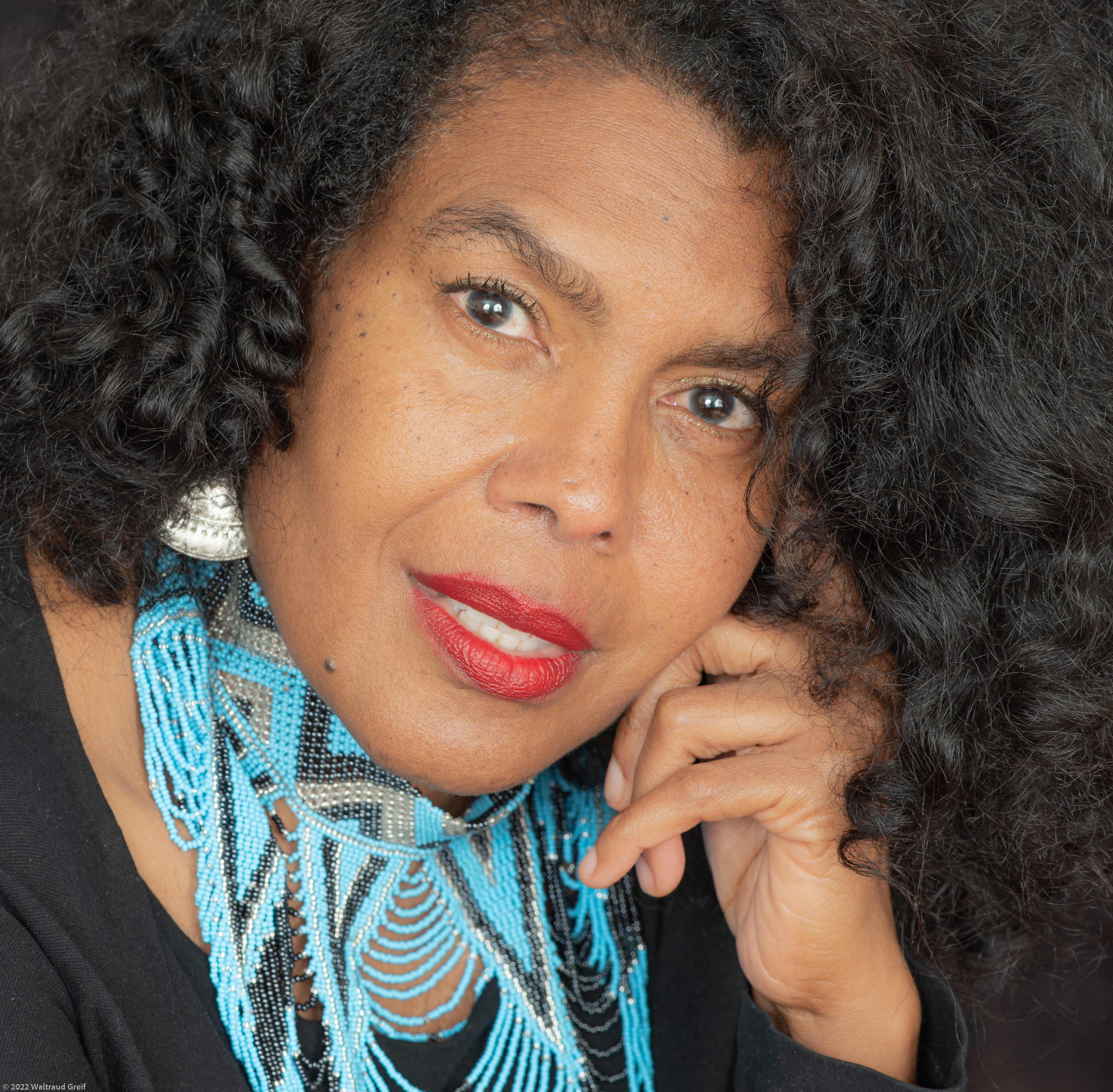
June Francis
Beedie School of BusinessThe COVID-19 pandemic, climate change, mass migration and other shocks have disrupted organizations across the globe. SFU Beedie School of Business professor June Francis says businesses can improve their resiliency by drawing upon the diverse range of capitals found in the wider community.
Her paper, Resources for business resilience in a COVID-19 world: A community-centric approach, co-authored with Beedie alumnus and IE Business School professor Stephanie Beninger, outlines how businesses can use the novel and actionable integrated capital framework to survive—and to thrive.
New interdisciplinary technology to aid wilderness search and rescue
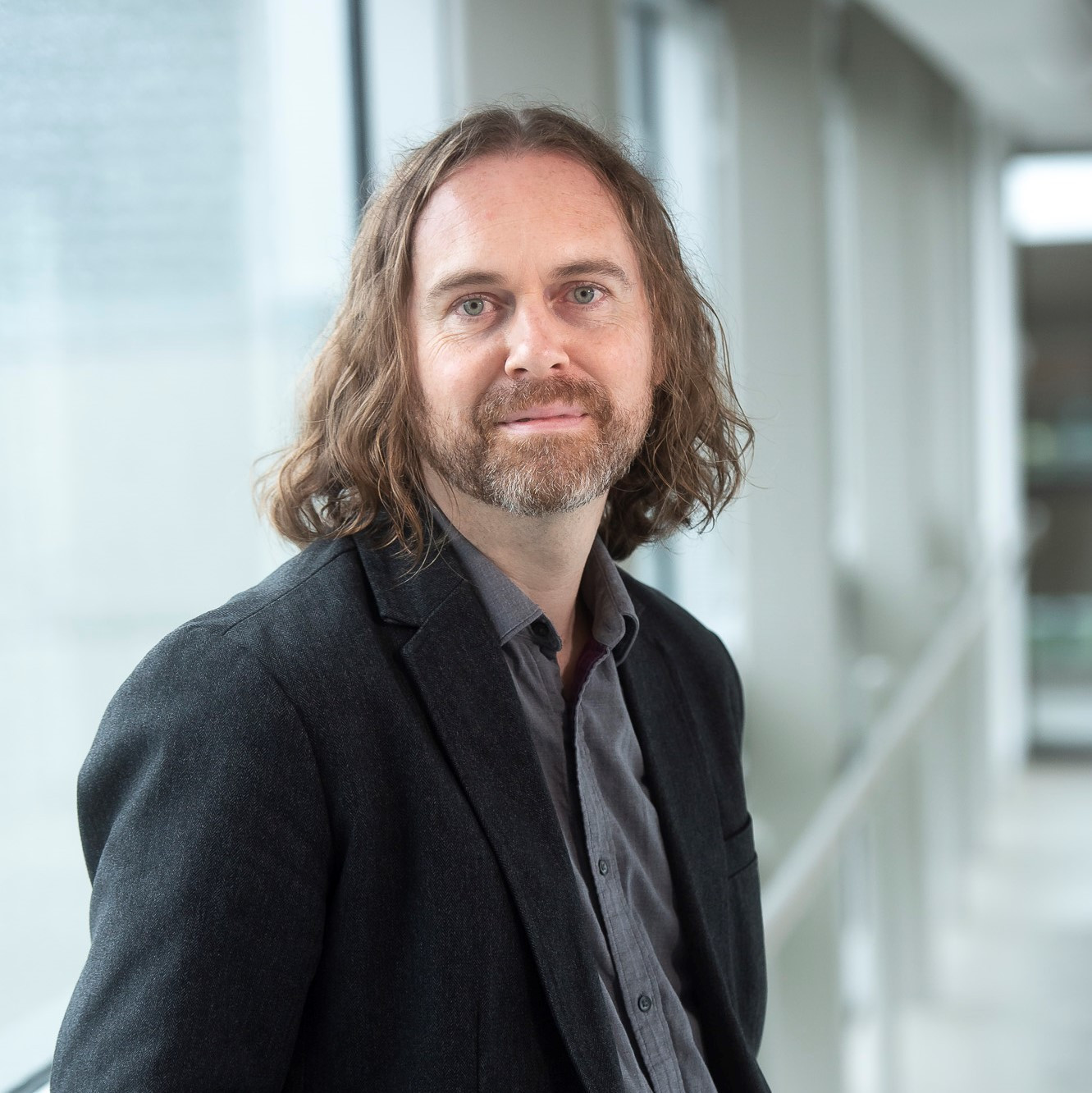
Carman Neustaedter
Faculty of Communication, Art and TechnologySchool of Interactive Arts and Technology Professor Carman Neustaedter and collaborators Brennan Jones and Anthony Tang used an interdisciplinary approach to create RescueCASTR – new technology that uses wearable cameras to help search and rescue personal communicate in the backcountry.
Urgent support needed for children’s mental health

Charlotte Waddell
Faculty of Health SciencesHealth Sciences Professor Charlotte Waddell and her research team at SFU’s Children's Health Policy Centre found that in many affluent countries—Canada included—less than half of children with mental health disorders receive any services for these conditions. She recommends an urgent call to action to support children’s mental wellbeing.
The study, Prevalence of childhood mental disorders in high-income countries: a systematic review and meta-analysis to inform policymaking, was published in Evidence-Based Mental Health.
Are small farms really more productive than large farms?

Fernando Aragón
Faculty of Arts and Social SciencesResearch from SFU Economics professor Fernando Aragón suggests that policies to foster small-scale agriculture in the Global South may be counterproductive. Facilitating land transactions and eliminating distortionary policies could help farmers thrive.
His article, Are small farms really more productive than large farms? co-authored with Diego Restuccia (University of Toronto) and Juan Pablo Rud (Royal Holloway, University of London) was published in Food Policy.
Indigenous peoples mediated the keystone role of sea otters
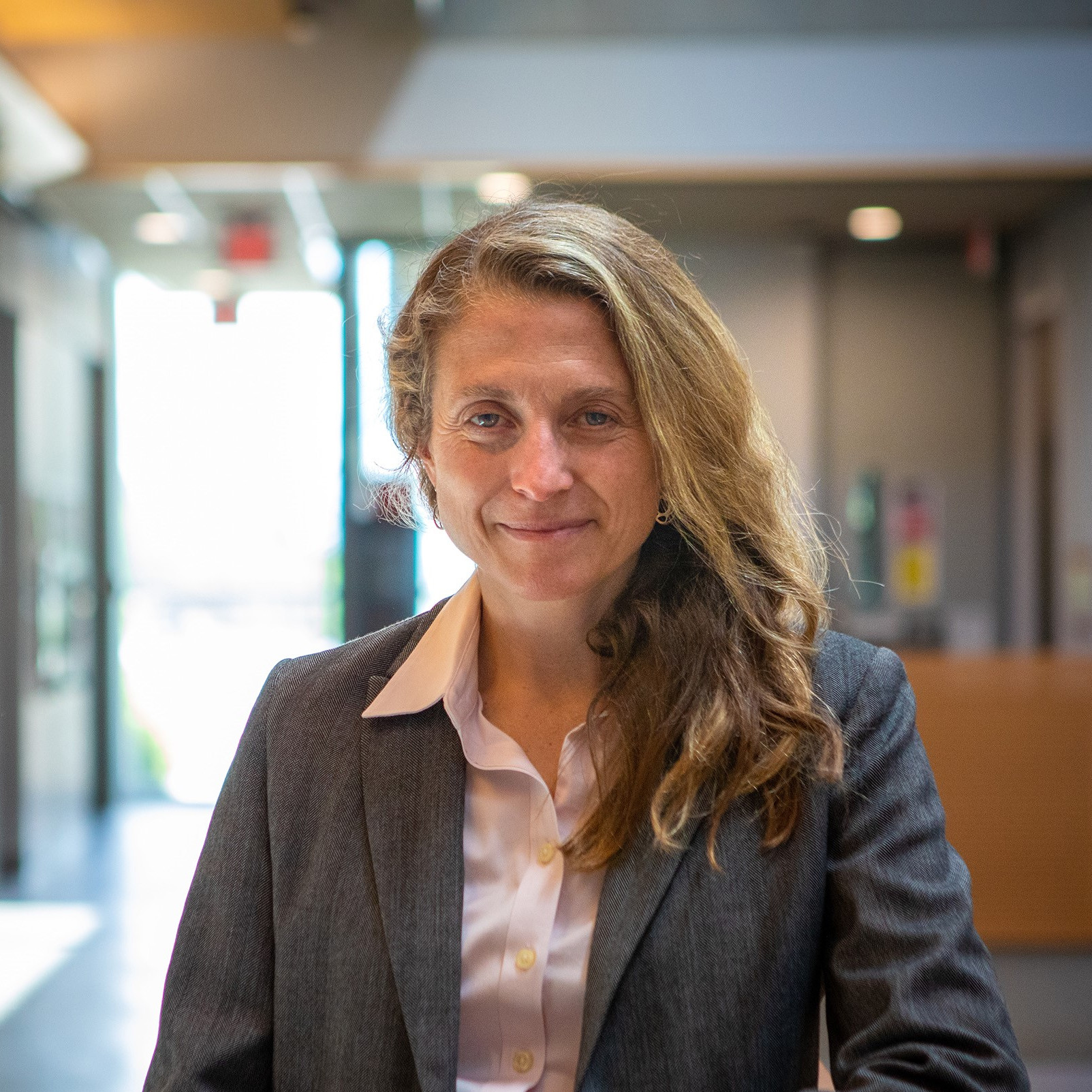
Anne Salomon
Faculty of EnvironmentAnne Salomon is a leading marine ecologist and professor with Simon Fraser University’s School of Resource and Environmental Management. Her research on sea otters points to the value of using traditional Indigenous knowledge to inform how coastal ecosystems are managed today.
Salomon's study, Archaeological and Contemporary Evidence Indicates Low Sea Otter Prevalence on the Pacific Northwest Coast During the Late Holocene, with SFU REM graduate and first author Erin Slade and University of Victoria Professor Iain McKechnie was supported by the Heiltsuk, Wuikinuxv and Tseshaht First Nations, and has been widely reported in the media.
Understanding the risks of volcanoes to support climate change adaption

Glyn Williams-Jones
Faculty of ScienceThe Mount Meager (Qw’elqw’elústen) Volcanic Complex near Pemberton, British Columbia, last erupted over 2400 years ago—but it’s still an active volcano, and climate change is making it increasingly unstable.
SFU Earth Sciences Professor and Chair Glyn Williams-Jones and his collaborators have made numerous trips to Mount Meager to study these changes and assess the potential hazards of an active volcano close to home. He is one of many SFU researchers working with partners on community-centred climate innovation.
Residential school research project reunites children with their communities

Eldon Yellowhorn
Faculty of Arts and Social SciencesSeptember brings the start of the new school year, but it is also a time to pause and commemorate the thousands of children that did not come home from Canadian residential schools, while acknowledging the harms to all.
SFU Indigenous Studies Professor Eldon Yellowhorn is the principal investigator of the Brandon Indian Residential School Cemeteries Project. The project seeks to identify and acknowledge the children buried at the site, and connect them back with family and communities.
Embedding climate action into everything we do

Alison Shaw
ACT – the Action on Climate Team at SFU works with organizations to embed low carbon resilience approaches and nature-based solutions into their planning and operations. They have published a series of resources and toolkits to help businesses and communities take meaningful and achievable climate action.
We spoke with executive director Alison Shaw about ACT's innovative work to create more sustainable cities and communities.
Do teen dating violence prevention programs work?

Jennifer Wong
Faculty of Arts and Social Sciences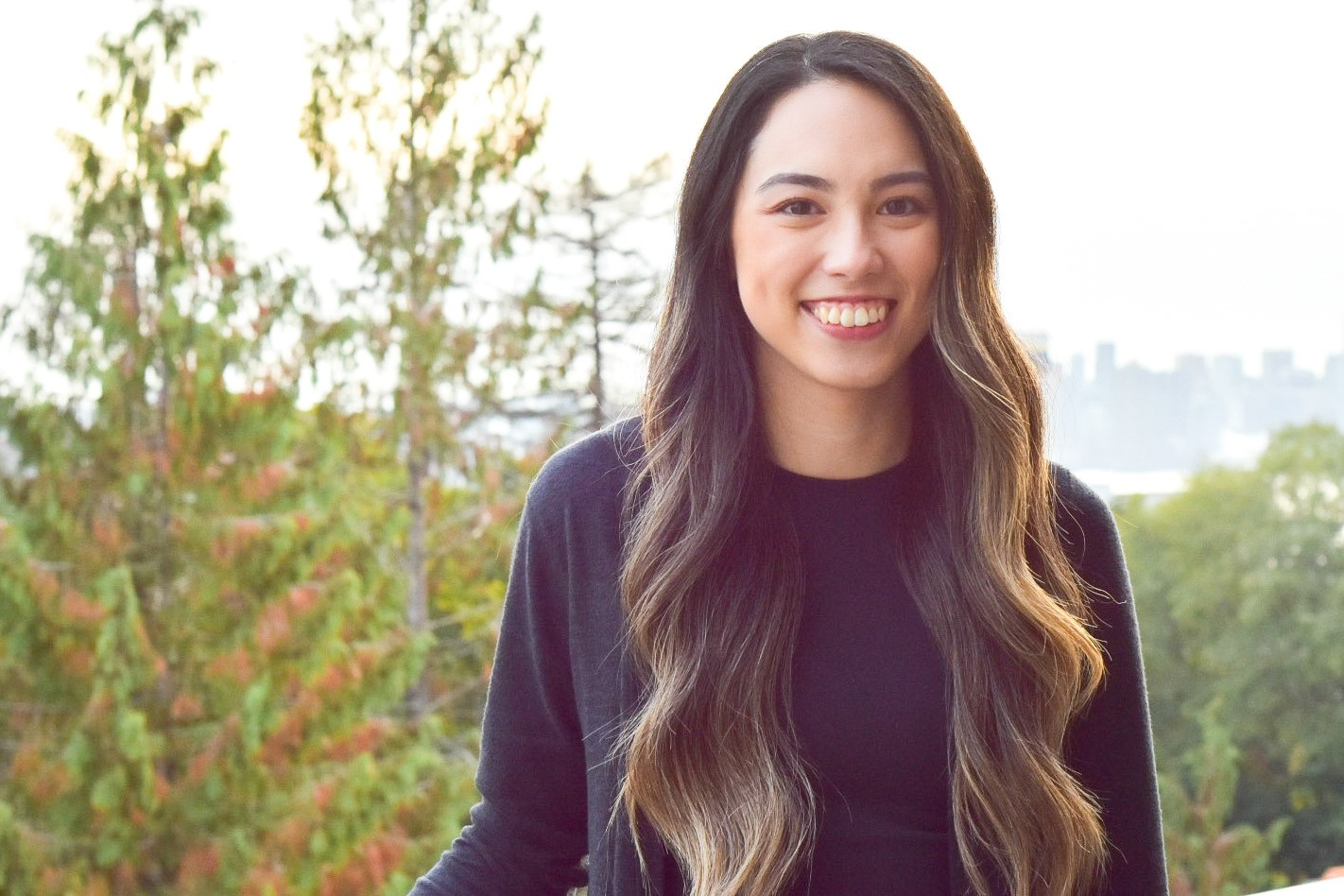
Chelsey Lee
Faculty of Arts and Social SciencesAdolescence is a critical time of emotional, intellectual and personal development. As young people begin dating, situations arise that can cause stress and conflict. SFU Criminology Professor Jennifer Wong and PhD student Chelsey Lee reviewed dozens of studies on teen violence prevention programs to analyze their effectiveness.
Their article, Examining the effects of teen dating violence prevention programs: a systematic review and meta-analysis, discusses what's working—and what’s not—when it comes to preventing teen dating violence.
Temporary nature-based carbon removals can help achieve Paris Agreement
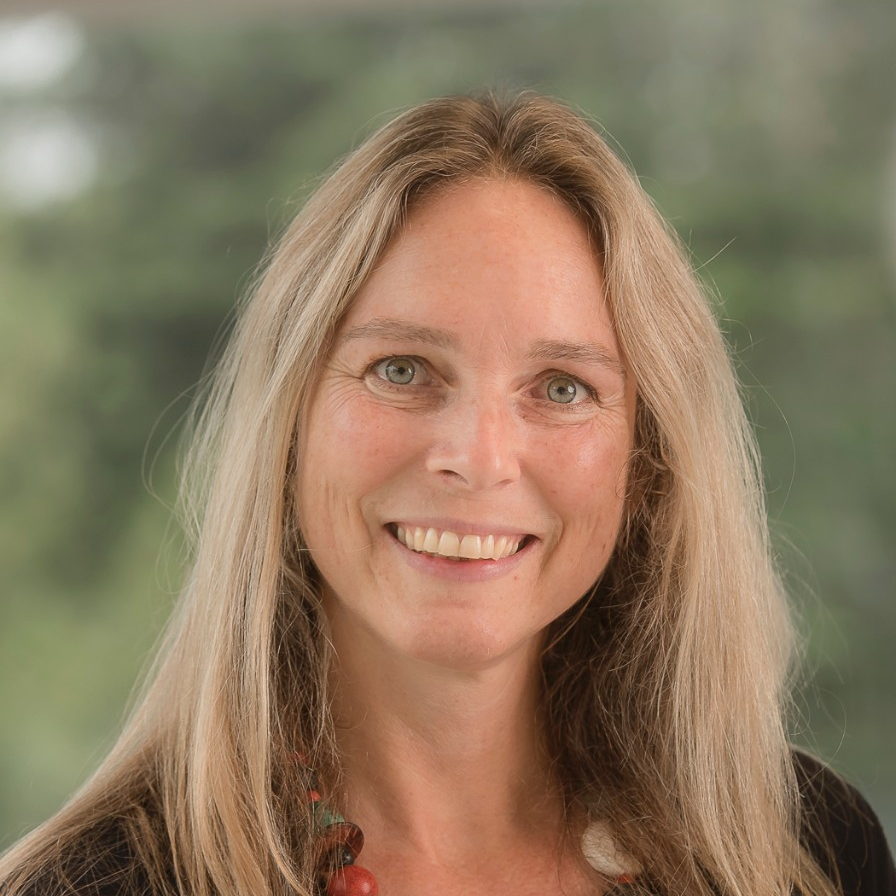
Kirsten Zickfeld
Faculty of EnvironmentKirsten Zickfeld is a Simon Fraser University Distinguished Professor of climate science in the Department of Geography and director of the SFU Climate Research Lab. Her research focuses on the long-term effects of human activities on climate. She recently co-led a study that determined nature-based solutions to capture carbon—such as reforestation—could help achieve Paris Agreement climate goals, but only if paired with other aggressive carbon reduction strategies.
For the study, Temporary nature-based carbon removal can lower peak warming in a well-below 2 °C scenario, recently published in Nature Communications, Zickfeld and SFU researchers worked with collaborators from Concordia University and Microsoft.
